Whether you’re a seasoned beer drinker or just starting out, there’s always something new to learn about this beloved beverage. Beer isn’t just about cracking open a cold one and enjoying it; there’s a whole world of flavors, traditions, and tips that can make your drinking experience even better. From understanding the perfect serving temperature to discovering the best food pairings, these 15 insights will help you appreciate beer on a whole new level.
Contents
- 1 Beer Should Not Be Served Ice Cold
- 2 The Type of Glass Matters
- 3 Beer Has Health Benefits
- 4 The Alcohol Content Varies Widely
- 5 Beer Has a Rich History
- 6 Craft Beer Is on the Rise
- 7 Beer Can Pair Well with Food
- 8 Drinking Beer Can Affect Sleep
- 9 Beer Has Different Flavors and Aromas
- 10 Beer Can Be Used in Cooking
- 11 Moderation Is Key
- 12 Different Countries Have Different Drinking Cultures
- 13 Beer Tasting Is an Art
- 14 Homebrewing Is Popular
- 15 Beer Festivals Celebrate the Craft
- 16 More From RetailShout
- 17 10 Myths About Thrift Stores You Should Stop Believing
- 18 16 Protein-Rich Vegetarian Snacks for a Balanced Diet
Beer Should Not Be Served Ice Cold

Contrary to popular belief, serving beer as cold as possible can mask its flavors. The ideal temperature for most beers is between 45-55 degrees Fahrenheit. Serving beer too cold dulls the taste buds, preventing you from fully experiencing the beer’s unique taste. Different types of beer have optimal serving temperatures; lagers are best slightly colder than ales. Knowing the right temperature enhances your beer-tasting experience. Always check the recommended serving temperature for the beer you’re enjoying.
The Type of Glass Matters
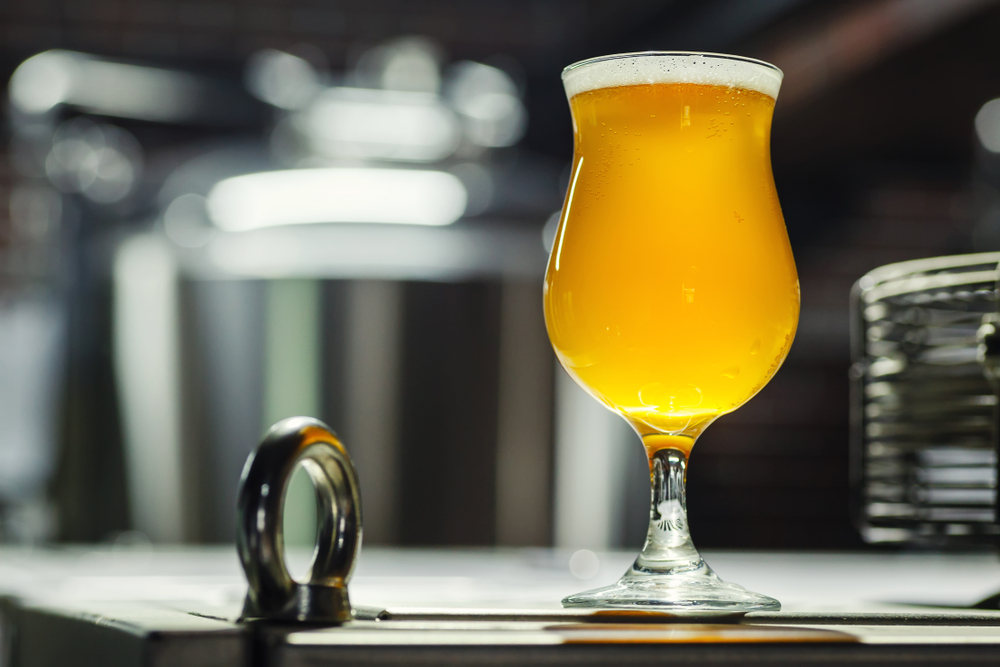
The shape of the glass can significantly impact the beer’s aroma, flavor, and appearance. Beer glasses are designed to enhance specific styles; for example, a tulip glass is perfect for capturing the aromas of Belgian ales. A pint glass is versatile but not ideal for all types of beer. Glasses with a wide opening allow more aroma to reach your nose, enhancing the sensory experience. Additionally, the thickness of the glass can affect how long the beer stays at the optimal temperature. Using the right glassware can greatly improve your beer enjoyment.
Beer Has Health Benefits

Moderate beer consumption can offer health benefits, such as improved cardiovascular health. Beer contains antioxidants, vitamins, and minerals that can be beneficial when consumed responsibly. Some studies suggest that moderate beer drinkers have a lower risk of heart disease compared to non-drinkers. Beer also has silicon, which contributes to bone health. However, it’s important to remember that excessive drinking negates these benefits. Always consume beer in moderation to enjoy its potential health perks.
The Alcohol Content Varies Widely
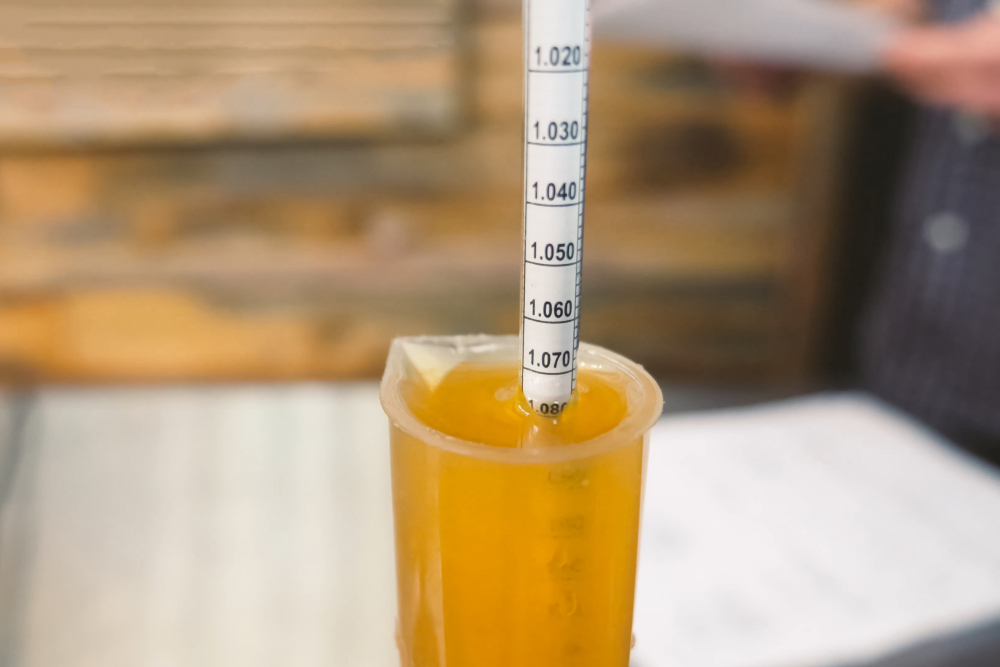
Beer comes in a vast range of alcohol content, from light beers with around 3% ABV (alcohol by volume) to strong ales and stouts that can exceed 12% ABV. Understanding the ABV of your beer can help you gauge its strength and how much you can consume responsibly. Lighter beers are often more refreshing and easier to drink in larger quantities. Higher ABV beers, on the other hand, are typically sipped slowly and savored. Always check the label to know what you’re drinking.
Beer Has a Rich History

Beer is one of the oldest beverages in the world, dating back to around 5,000 BC in ancient Iran. It has played a significant role in various cultures and civilizations throughout history. The brewing process has evolved significantly over the centuries, influenced by technological advancements and changing tastes. Beer was often safer to drink than water in medieval times, leading to its widespread consumption. The history of beer is a fascinating journey through time, reflecting human ingenuity and culture.
Craft Beer Is on the Rise
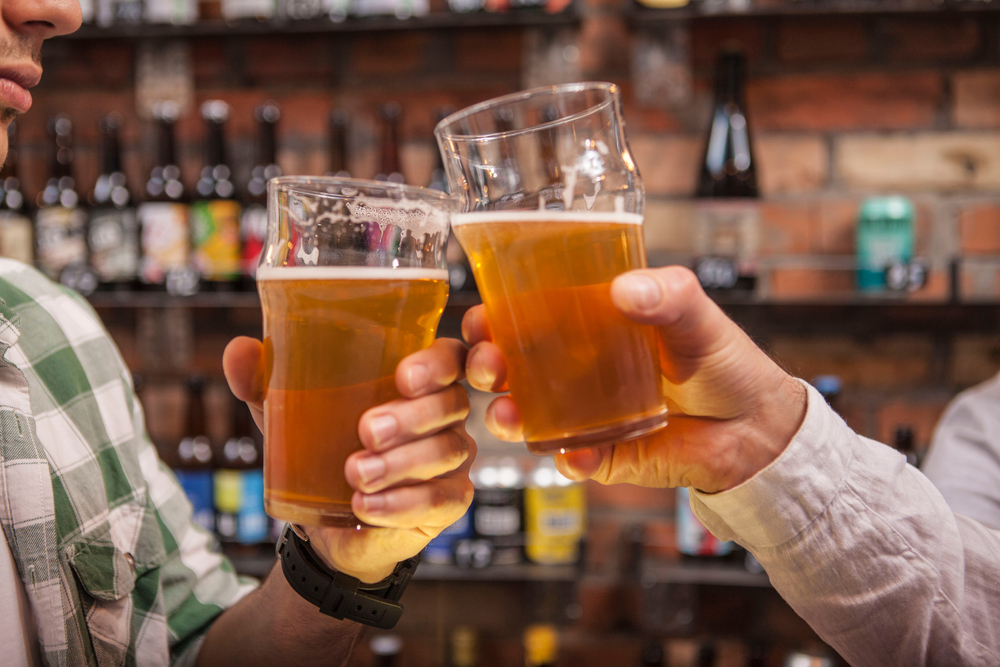
The craft beer movement has seen tremendous growth over the past few decades, with thousands of small breweries producing unique and innovative beers. Craft breweries focus on quality, flavor, and traditional brewing methods. This trend has expanded the variety of beer available, introducing consumers to new styles and flavors. Supporting local craft breweries also contributes to the local economy and community. The craft beer revolution is reshaping the beer industry and enriching the drinking experience.
Beer Can Pair Well with Food
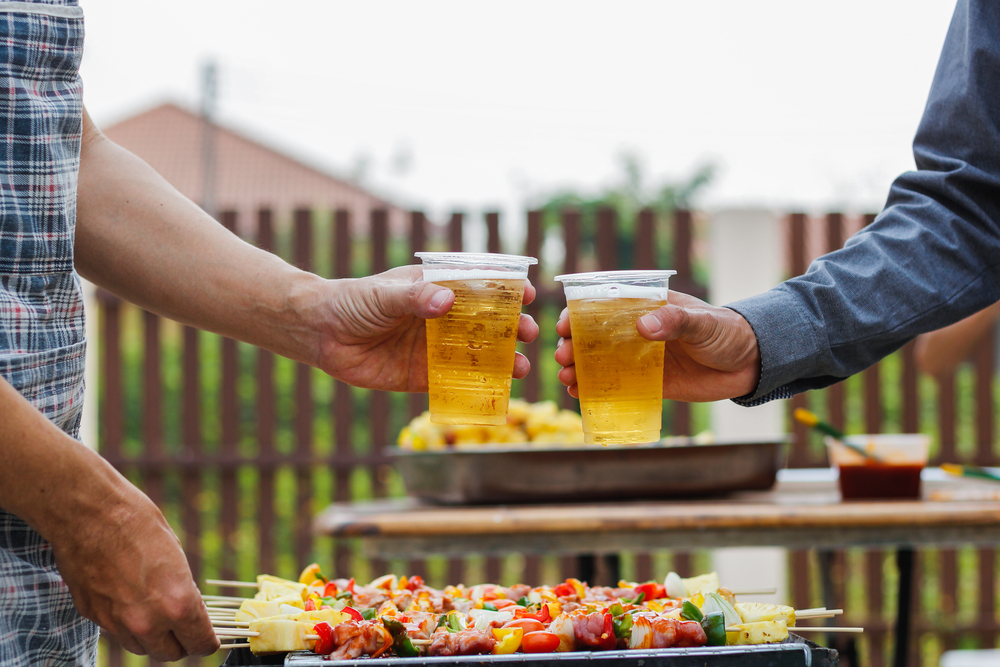
Just like wine, beer can be paired with food to enhance the dining experience. Different beer styles complement various dishes, such as stouts with rich desserts or pale ales with spicy foods. The carbonation in beer can help cleanse the palate between bites, making it a versatile companion for meals. Experimenting with beer and food pairings can lead to delightful culinary discoveries. Understanding the flavor profiles of both beer and food is key to successful pairing.
Drinking Beer Can Affect Sleep

While beer can make you feel relaxed and sleepy, it can negatively impact the quality of your sleep. Alcohol can interfere with the REM stage of sleep, leading to a less restful night. Drinking beer before bed may help you fall asleep faster, but it can cause you to wake up frequently. To ensure a good night’s sleep, it’s best to avoid drinking beer close to bedtime. Understanding how beer affects sleep can help you make better choices for your health.
Beer Has Different Flavors and Aromas
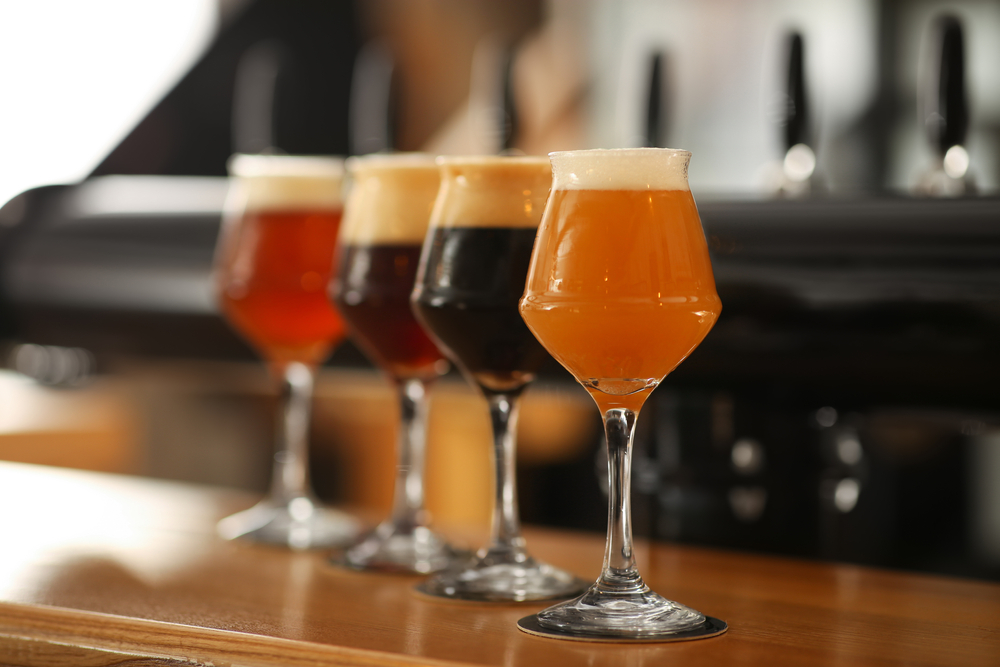
The ingredients and brewing process greatly influence the flavors and aromas of beer. Hops, malt, yeast, and water are the primary components that contribute to a beer’s taste. Hops add bitterness and aroma, while malt provides sweetness and body. Yeast contributes to the beer’s fermentation and can impart fruity or spicy notes. Exploring different beer styles can help you appreciate the wide range of flavors and aromas that beer offers. Each ingredient plays a crucial role in creating the final product.
Beer Can Be Used in Cooking
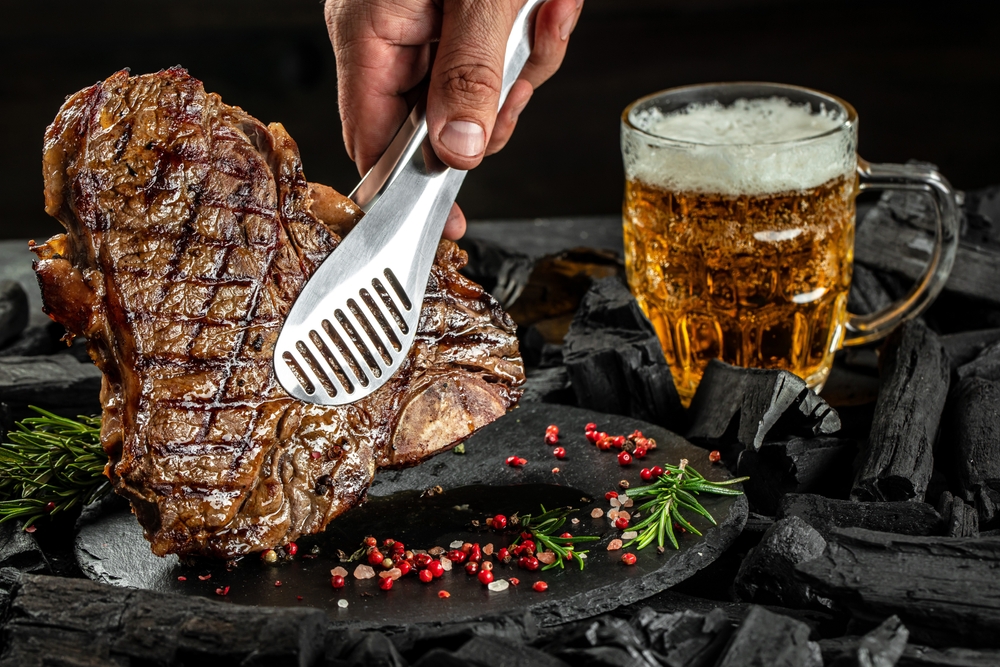
Beer is a versatile ingredient that can add depth and flavor to various dishes. It can be used in marinades, sauces, soups, and even desserts. Cooking with beer can enhance the taste of meats, providing a rich and savory flavor. Different beer styles bring different flavors to the dish; for example, dark stouts work well in hearty stews, while light lagers are great for marinades. Experimenting with beer in your cooking can lead to delicious results.
Moderation Is Key

Drinking beer in moderation is crucial for enjoying its benefits without experiencing negative health effects. Moderate consumption is generally defined as up to one drink per day for women and up to two drinks per day for men. Excessive drinking can lead to a range of health issues, including liver disease, heart problems, and addiction. Being mindful of your drinking habits can help you maintain a healthy lifestyle while still enjoying beer. Always drink responsibly and know your limits.
Different Countries Have Different Drinking Cultures

Beer drinking customs and traditions vary widely around the world. In Germany, beer is a staple of social life and is enjoyed in large quantities at events like Oktoberfest. Belgium is known for its wide variety of unique beer styles, many of which have centuries-old brewing traditions. In Japan, beer is often enjoyed with food and has become an integral part of social and business gatherings. Understanding these cultural differences can enhance your appreciation of beer’s global significance.
Beer Tasting Is an Art
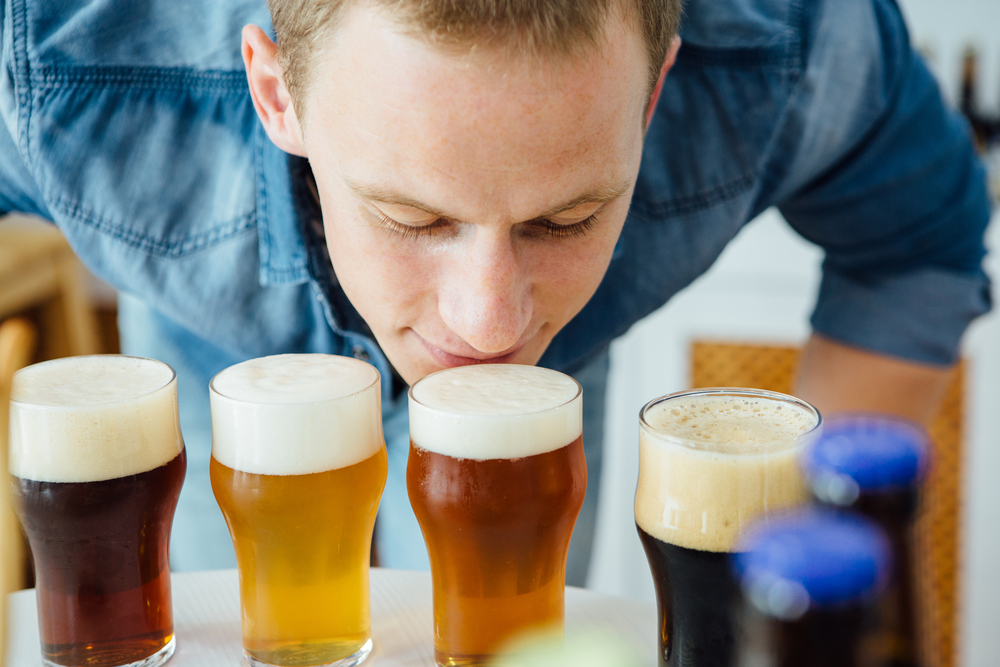
Tasting beer involves more than just drinking it; it’s about experiencing its full range of flavors and aromas. Beer tasting typically involves evaluating the appearance, aroma, taste, mouthfeel, and finish of the beer. Swirling the beer in the glass can release more aromas, enhancing the tasting experience. Professional beer tasters use a specific vocabulary to describe the different aspects of the beer. Developing your tasting skills can deepen your appreciation for the craft of brewing.
Homebrewing Is Popular

Homebrewing has become a popular hobby, allowing beer enthusiasts to create their own unique brews. Homebrewing kits and resources are widely available, making it accessible to beginners. The process involves brewing, fermenting, and bottling beer at home, giving you control over the ingredients and flavors. Many homebrewers enjoy experimenting with different recipes and techniques. Homebrewing can be a rewarding and educational experience, deepening your understanding of beer production.
Beer Festivals Celebrate the Craft

Beer festivals are events dedicated to the celebration and appreciation of beer. These festivals often feature a wide variety of beers from local and international breweries, offering attendees the chance to sample different styles. Beer festivals are a great way to discover new brews and learn more about the craft from experts and fellow enthusiasts. They often include educational sessions, such as tastings, pairings, and brewing demonstrations. Attending a beer festival can be a fun and informative experience for any beer lover.
This article originally appeared on RetailShout
More From RetailShout
14 Natural Ways to Keep Pests Out of Your Garden

Gardening is a labor of love, but nothing can spoil your hard work faster than unwelcome pests. Instead of reaching for harsh chemicals that can harm your plants and the environment, why not explore natural methods to keep your garden thriving and pest-free? There are plenty of eco-friendly ways to protect your plants while maintaining the balance of your garden’s ecosystem. Read More.
10 Myths About Thrift Stores You Should Stop Believing

Thrift shopping can be a blast, but there are so many myths out there that can make people hesitant to give it a try. Some folks think thrift stores are dirty or only have outdated stuff, but that’s just not true. From concerns about quality to worries about selection, there are plenty of misconceptions that need debunking. Read More.
16 Protein-Rich Vegetarian Snacks for a Balanced Diet
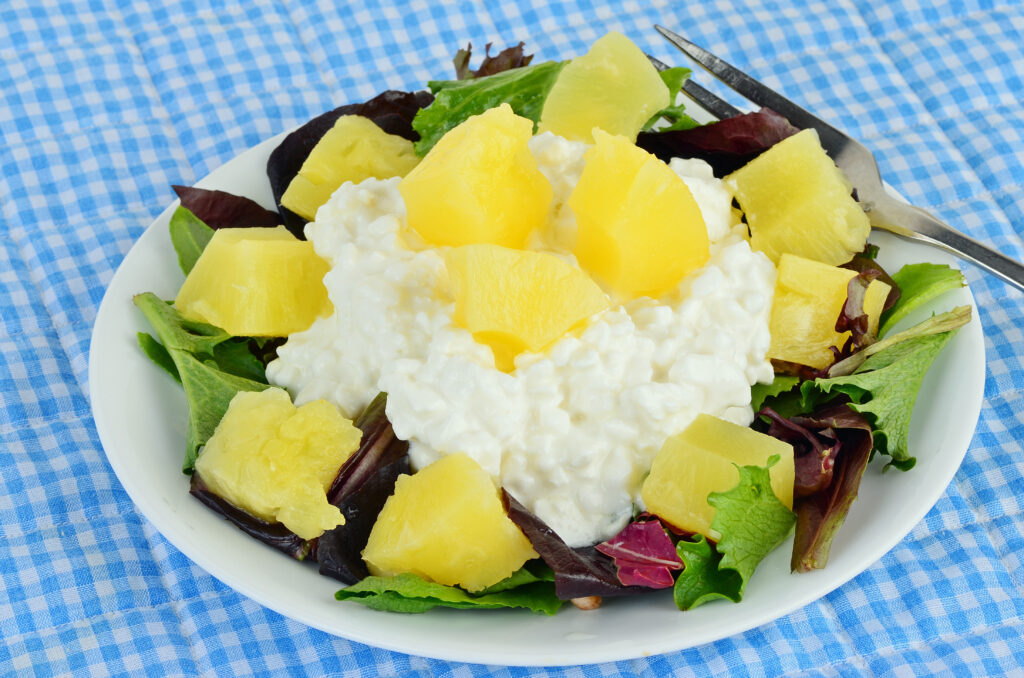
Maintaining a balanced diet as a vegetarian can be challenging, especially when it comes to getting enough protein. But don’t worry! These protein-rich vegetarian snacks are here to help. Read More.






